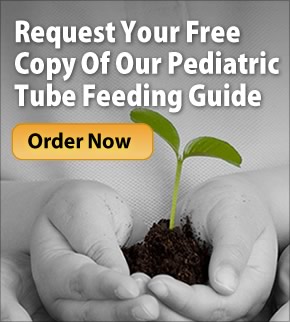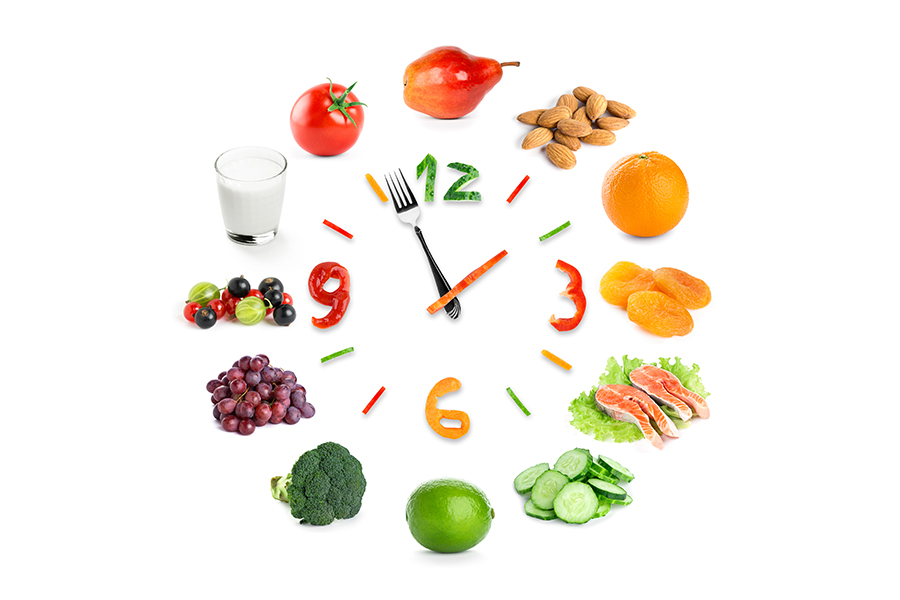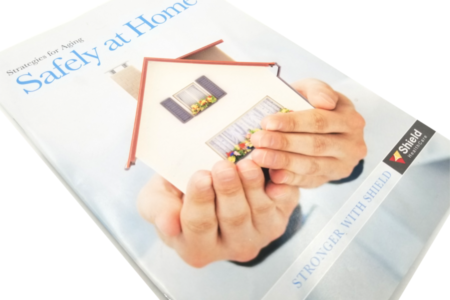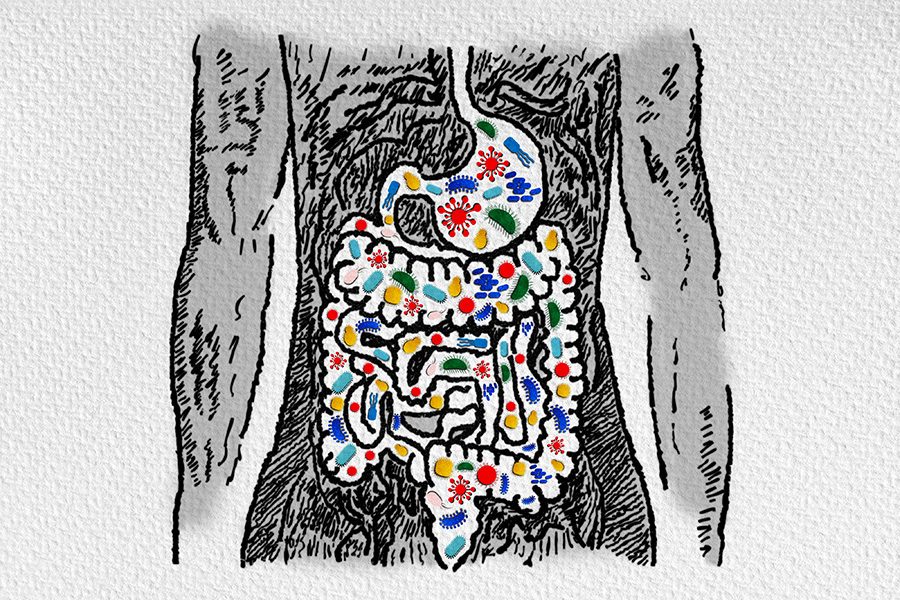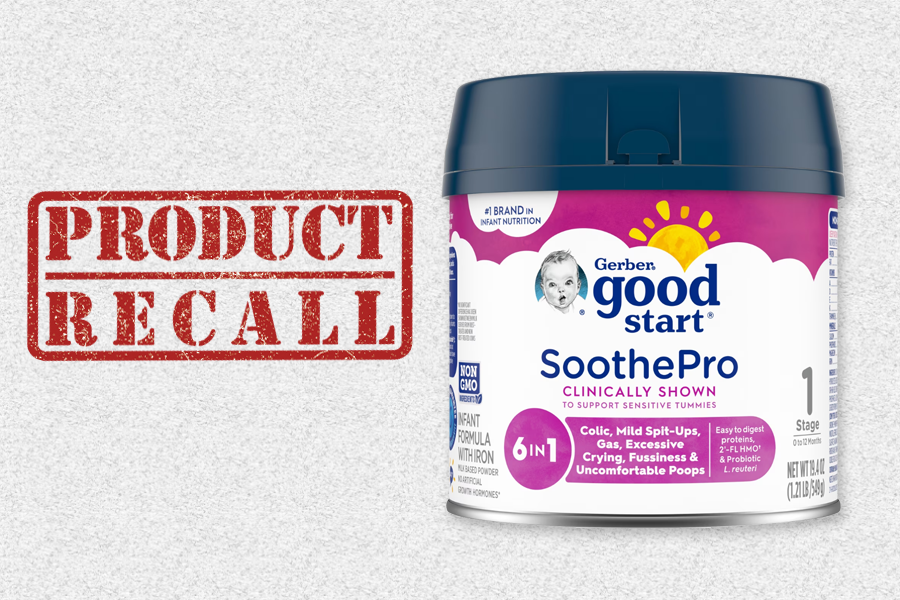In this Ask the RD article, Shield HealthCare’s Registered Dietitian answers your most frequently asked dietary questions:
Question: Vitamins and Minerals: What’s Better, Food or Supplements?
Answer: While vitamin and mineral supplements can fill the gap between actual dietary intake and your daily requirements, they cannot replace a balanced diet. Sure, you can get more vitamin C from a supplement than from a medium orange, but you won’t get the potassium, folate, vitamin A, lutein and fiber that come with the whole fruit. Plus, overdoing it with supplements can have adverse effects, since they contain nutrient amounts that exceed the recommended daily intakes.
Question: What Happens to Fiber in Your Body?
Answer: Fiber reaches your large intestine, or colon, undigested. There, beneficial bacteria ferment some of it to produce short chain fatty acids, compounds that have the following effects:
- Lower the pH of your colon to inhibit bacteria that cause disease
- Improve absorption of minerals your body needs to strengthen bone
- Reduce absorption of cancer-causing toxins
- Enhance the flow of blood and nutrients to your colon
Question: What Are the Best Probiotics for Intestinal Health?
Answer: Certain probiotic strains may work better than others to boost your normal flora and alleviate specific symptoms. Look for them on probiotic supplement labels.
- Antibiotic-associated Diarrhea: Saccharomyces boulardii and Lactobacillus rhamnosus GG have been shown to reduce diarrhea that develops after taking antibiotics.
- Lactose intolerance: Streptococcus thermophilus and Lactobacillus bulgaricus provide a dose of lactase, the enzyme needed to break down lactose. Consume yogurt that contains these strains to improve symptoms of lactose intolerance.
- Irritable Bowel Syndrome (IBS): Bifidobacterium infantis, Saccharomyces boulardii and Lactobacillus plantarum may help alleviate symptoms common to IBS, including abdominal pain, bloating, constipation and diarrhea.
This article is designed for educational use only and does not replace the advice of a medical professional. For more information, please contact your primary care physician.
References:
Journal of the American Dietetic Association – Position of the American Dietetic Association: Nutrient Supplementation; Journal of the American Dietetic Association – Resistant Starch Intakes in the United States; American Gastroenterological Association; NIH Consensus Development Conference: Lactose Intolerance and Health








